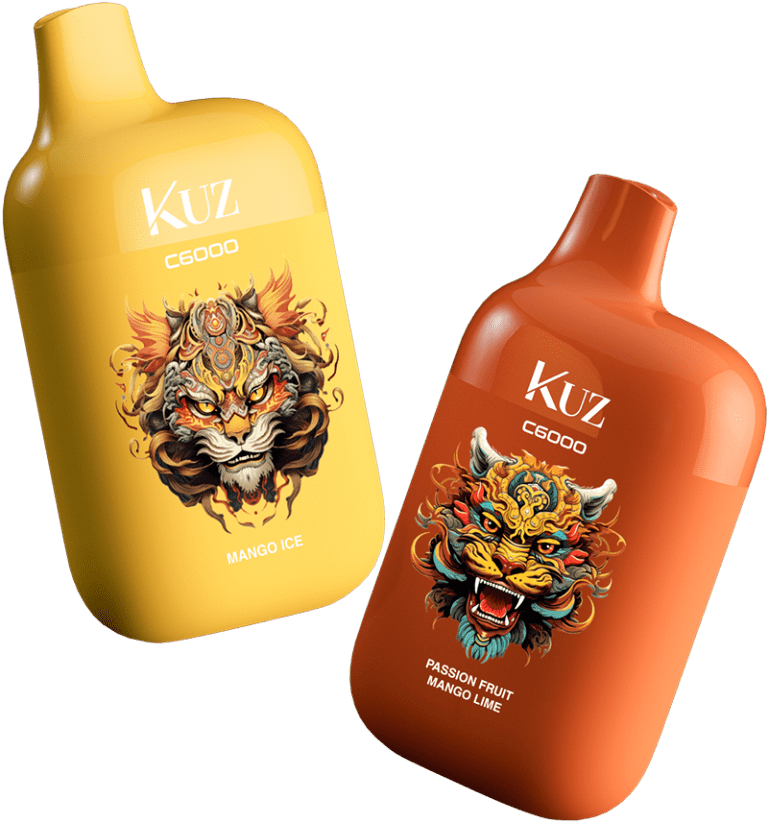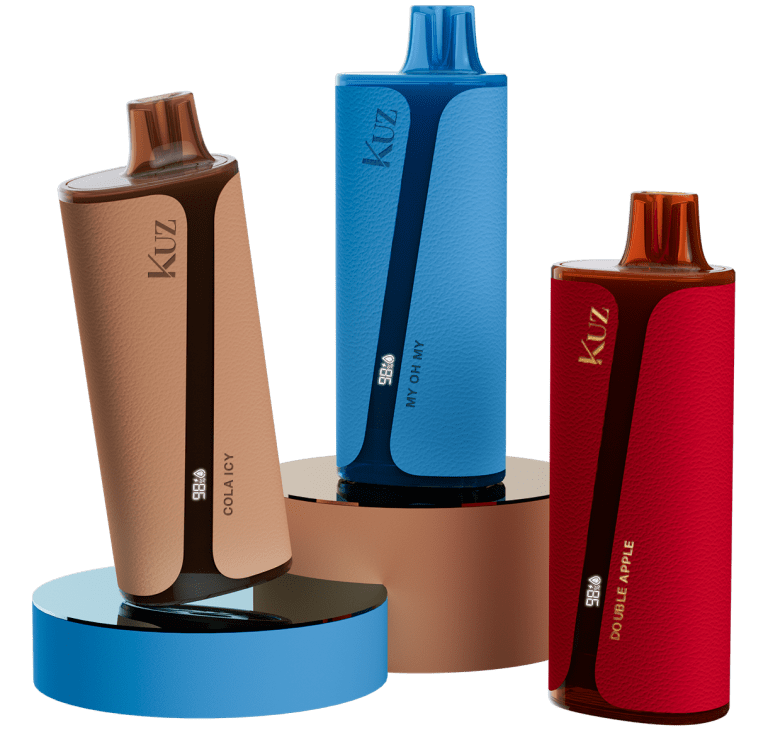In the ever-expanding world of vaping, one might wonder about the safety of vape juice beyond its intended use. Specifically, the question arises: Can you drink vape juice? The short answer is no, and doing so can lead to serious health consequences. This article will explore the dangers of ingesting vape juice, the symptoms of nicotine poisoning, and why e-liquids should never be consumed in this manner.
What Is Vape Juice?
Vape juice, also known as e-liquid or e-juice, is a liquid used in electronic cigarettes and vaporizers. It typically contains a mixture of propylene glycol (PG), vegetable glycerin (VG), flavorings, and often nicotine. These ingredients are safe when vaporized and inhaled in controlled amounts. However, they are not meant to be ingested directly.
Why Drinking Vape Juice Is Dangerous
The most significant concern with drinking vape juice is nicotine poisoning. Nicotine is a potent stimulant and toxic substance when ingested in large quantities. The concentration of nicotine in vape juice varies, but even small amounts can be harmful if swallowed. Symptoms of nicotine poisoning include nausea, vomiting, increased heart rate, high blood pressure, dizziness, and in severe cases, seizures and respiratory failure.
Moreover, vape juice often contains other harmful chemicals like diacetyl, which is linked to lung disease, and formaldehyde, a known carcinogen. These chemicals are hazardous when ingested, potentially leading to long-term health issues.
Immediate Effects of Ingesting Vape Juice
If someone drinks vape juice, they may experience immediate symptoms such as nausea, abdominal pain, and vomiting. These symptoms are the body’s way of trying to expel the toxic substance. In cases of high nicotine concentration, more severe symptoms like sweating, confusion, and even convulsions can occur.
It’s crucial to understand that the body absorbs nicotine rapidly, meaning the effects will be felt quickly. This rapid onset of symptoms can make it difficult to manage without prompt medical intervention.
Long-Term Health Risks
Surviving the initial symptoms of nicotine poisoning doesn’t guarantee long-term health. Consuming large quantities of nicotine can cause lasting damage to the cardiovascular system, increasing the risk of heart disease. Additionally, the stress placed on the heart and arteries during nicotine poisoning can have lifelong implications.
Furthermore, the addictive nature of nicotine can lead to dependence, making it challenging to quit and exposing individuals to continuous health risks associated with long-term nicotine use.
What to Do If You Drink Vape Juice
If accidental ingestion occurs, it’s critical to seek medical attention immediately. Do not attempt to induce vomiting without medical advice, as this could cause further harm. First aid measures include rinsing the mouth with water and drinking water to dilute the ingested liquid. However, professional medical treatment, such as gastric lavage or activated charcoal administration, may be necessary to prevent absorption of the toxins into the bloodstream.
Prevention Strategies
Preventing accidental ingestion of vape juice is essential, especially in households with children. Always store vape juice in child-resistant containers, out of reach and sight of children. Educate children and teenagers about the dangers of vaping and the risks associated with e-liquids. Proper storage and handling of vape juice are also crucial to prevent accidental spills and ingestion.
Conclusion
Drinking vape juice is not only a bad idea but a dangerous one. The potential for nicotine poisoning and exposure to harmful chemicals makes it a significant health risk. If you or someone you know ingests vape juice, seek medical attention immediately. Remember, vape juice is designed to be vaporized, not consumed. Prioritize safety by handling and storing vape juice properly, and educate others on the risks to prevent accidental ingestion.
By understanding the dangers and taking appropriate precautions, you can ensure that vape juice is used safely and only for its intended purpose.



